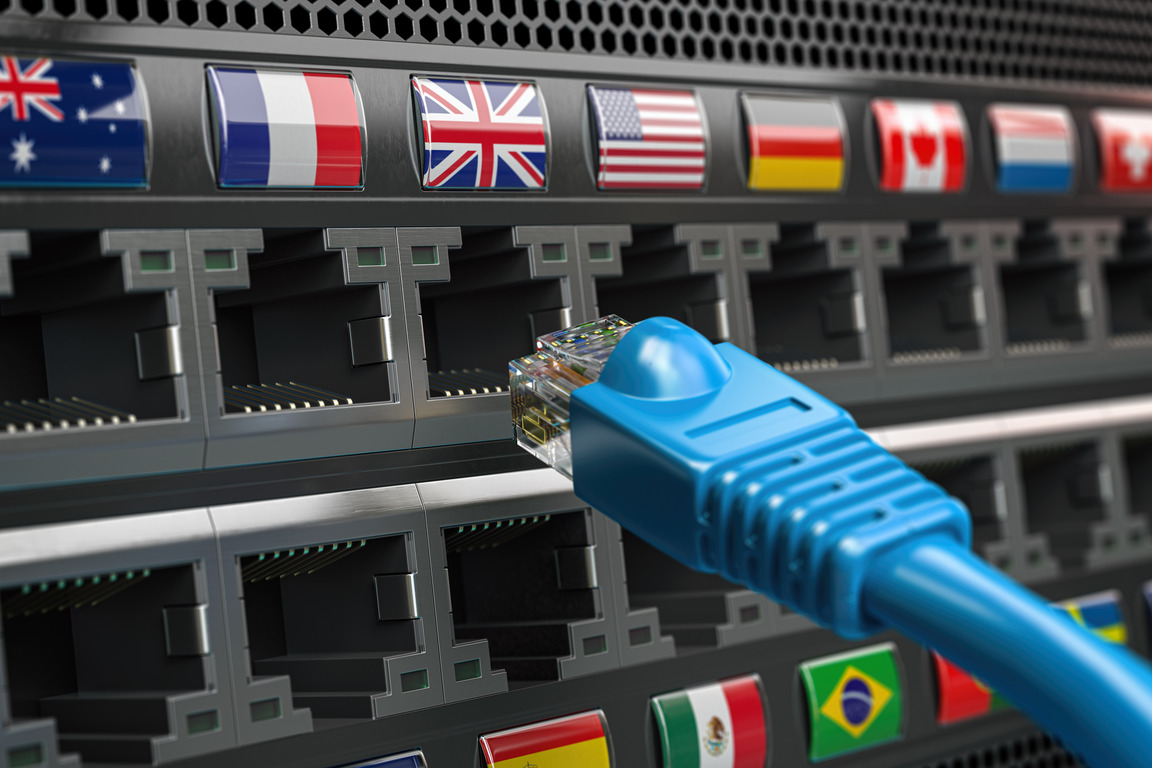Virtual Private Networks (VPNs) have become an integral part of our online experience, providing enhanced security and privacy for Internet users. However, despite their widespread use and importance, several misconceptions and myths surround VPNs. This article aims to shed light on the truths and fallacies related to VPNs, debunking common misconceptions that often cloud users’ understanding. By unraveling the myths and realities of VPNs, we can gain a clearer understanding of their benefits, limitations, and appropriate usage, empowering users to make informed decisions about their online security and privacy.
Myth
VPNs Make You Completely Anonymous: One of the most prevalent misconceptions is that VPNs make users entirely anonymous online. While VPNs do mask users’ IP addresses and encrypt their internet traffic, complete anonymity is not guaranteed. Internet activity can still be traced back to the VPN service itself. Furthermore, if users log in to personal accounts or provide identifiable information while using a VPN, they might inadvertently reveal their identity. VPNs offer a higher level of privacy, but users must still exercise caution and refrain from sharing sensitive information online.
Reality
VPNs Enhance Privacy and Security: While VPNs don’t provide absolute anonymity, they significantly enhance online privacy and security. By encrypting data transmissions, VPNs protect users’ information from hackers, cybercriminals, and even their internet service providers. This encryption is particularly important when using public Wi-Fi networks, as it prevents unauthorized access to sensitive data.
Myth
Using Any VPN Guarantees Top-Notch Security: Not all VPNs are created equal. Some free or less reputable VPN services may compromise users’ privacy by logging their online activities or even selling their data to third parties. It is crucial to choose a reliable, well-established VPN service with a solid no-logs policy and robust security features. Trusted VPN providers invest in encryption technology and uphold a commitment to protecting their users’ privacy.
Reality
VPN Speeds Can Vary: Another common misconception is that all VPNs slow down internet speeds. While using a VPN may cause a slight reduction in speed due to encryption and routing through servers, top-tier VPNs employ advanced technologies to minimize the impact on internet performance. Users can select VPN servers that are geographically closer to their location to reduce latency and improve speeds.
Myth
VPNs are Only Necessary for Illegal Activities: Some people believe that VPNs are primarily used to engage in illegal activities or access restricted content. While VPNs can be utilized for bypassing geographical restrictions and accessing region-specific content, they serve legitimate purposes as well. VPNs are essential tools for safeguarding sensitive data, especially in business settings, and ensuring privacy during everyday online activities.
Reality
VPNs Can Bypass Geo-Restrictions for Legitimate Reasons: VPNs allow users to access content that may not be available in their region due to geo-restrictions. This feature is not limited to accessing copyrighted material; it also enables travelers to access websites and services they regularly use from their home countries.
Myth
VPNs are Complicated and Only for Tech Experts: Some individuals may avoid using VPNs, assuming they are complex to set up and use. In reality, most modern VPNs offer user-friendly interfaces and simple installation processes. Many VPN providers also offer apps for various devices, making it easy for anyone, regardless of technical expertise, to use a VPN.
Reality
VPNs Should Be Used on All Devices: While using a VPN on desktop computers and laptops is common, many users overlook the importance of VPNs on mobile devices. Mobile VPN usage is essential, especially when connecting to public Wi-Fi networks, as these networks are more susceptible to hacking and data interception.
Understanding the realities and debunking the myths surrounding VPNs is crucial for making informed decisions about online security and privacy. While VPNs do not offer complete anonymity, they significantly enhance privacy and security by encrypting data and protecting against cyber threats. Choosing a reputable VPN service, using it responsibly, and implementing security best practices are essential steps to enjoy the full benefits of VPN technology. Embracing VPNs as valuable tools for safeguarding online activities will empower users to navigate the digital landscape with confidence and peace of mind.


